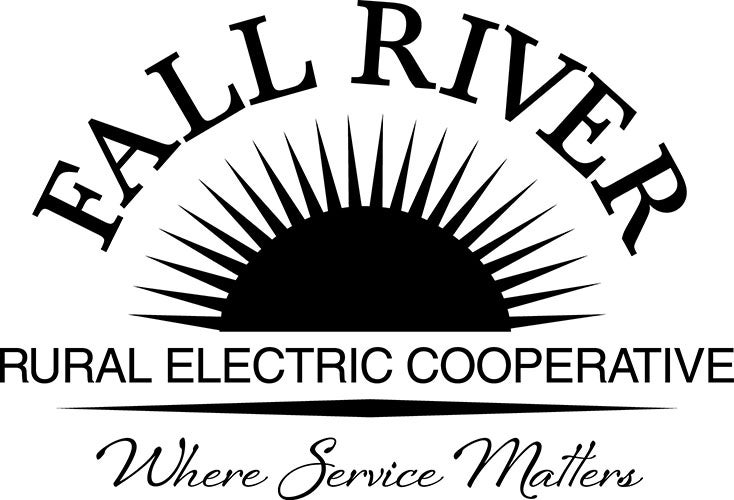BATTERY BACKUP SYSTEMS CHECKLIST
Battery technology continues to improve in efficiency and costs continue to decline. There are many things to consider when purchasing a battery system. A standalone solar or wind generator will not provide energy all of the time and are usually programmed to shut down when utility power is lost to the service. Remember, an alternative to battery backup is a propane powered generator.
*The provided information is intended to be a guide and is not all inclusive. Members of Fall River Rural Electric Cooperative bear the responsibility to do their own due diligence in asking the appropriate questions, conducting their own review of the costs and estimated generation, checking the financial projections offered by vendors and signing agreements.
-
Emergency medical situations
-
Essential businesses
-
Self-reliance
If your main heat source is electric, battery storage can be used for a limited amount of time to provide heat in the case of an extended outage. Most battery systems will NOT power electric furnaces or baseboard heaters for long periods of time. Another option is to consider alternate ways to heat a home or business which include propane or wood heat.
Small battery systems simply do not have the capacity to run large appliances. The average battery system will need to have a separate critical load electric panel. Only certain things in the household will have power during a utility power outage. Some appliances, like refrigerators or well pumps, need a surge of power to re-start and not all battery systems can handle these power spikes.
Battery warranties are based off of time or number of times the batteries have cycled. For instance, the Tesla Powerwall has a 10-year warranty. Be sure you understand the expected lifespan of your battery and what kind of service or monitoring is required for it.
General rule of thumb is that it currently will double your cost when looking at combining battery backup with a solar installation. We advise you to compare the cost of a propane-powered backup generator installation instead, which is often a less expensive alternative to a battery backup system. Batteries may also qualify for tax incentives or may reduce your power bill in the long-term.
Here are some questions to ask your battery vendor:
- What size battery do I need for my essential loads?
- Can this system be expanded later?
- How does this system perform in cold weather below freezing?
- Does my system integrate with a solar array if I choose to add solar later?
There are advantages to having a battery backup system, including reducing your electric bill when the system is combined with a photovoltaic (solar) system, having power during a utility power outage, and possibly for peak demand shaving. Typically, homes that pair well with battery backup systems are designed from the ground up with energy conservation in mind. They will most likely be reliant on propane for all heat sourcing in the household.

